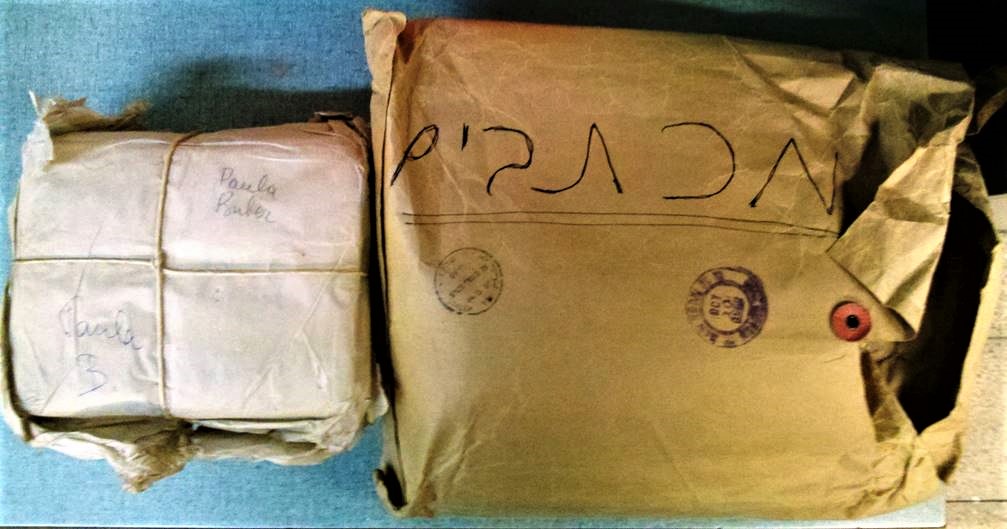Wandering Artefacts
The Materialistic History of German-Jewish Archives
2020–2024
RFE10

This project explores the interconnectedness of materiality, displacement, and identity-building by means of a deep and thorough materialistic analysis of selected German-Jewish archives and collections held at the National Library of Israel that are currently being digitised. The project intends to reveal the archival community of a certain generation of 19th and 20th century German-Jewish scholars and writers and to examine its far-reaching implications for post-Holocaust identity building. We wish to develop a comprehensive study that offers a materialistic analysis of these German-Jewish archives and their at times convoluted history of transmission. This perspective can bridge the existing gap between theoretical research on archives and archiving and the study of the particular case of German-Jewish thinkers, opening new avenues of research into the volatile nature of archives in general. The absence of many letters and documents from the archives as well as the constant discovery of others in different estates point to the 'perforated nature‘ of the archive itself, which is not a monolithic entity, but is rather in an ongoing dialogue with others. The constant exchanges between this generation of German-Jewish thinkers shaped a multilingual 'community of archives‘, which had a particular political meaning in the framework of 20th century Jewish history where archives played a pivotal role as both testimonies to the violence of destruction and monuments to the material underpinnings of Jewish culture.
People
Project lead: Giuseppe Veltri
Research Associate: Sebastian Schirrmeister
Zwischen Hamburg und Jerusalem
In cooperation with the Centre for the Study of Manuscript Cultures (CSMC) / Cluster of Excellence ‘Understanding Written Artefacts’ at Universität Hamburg, the National Library of Israel has completed the cataloguing and digitisation of 24 German-Jewish collections and estates comprising more than 700,000 pages by the end of 2022. A public evening event as part of the workshop conference ‘Imag(in)ing Materiality’ provided initial insights into the extensive, diverse and unique holdings and explored the potential of these and similar archives for a new look at German-Jewish history and the present.
